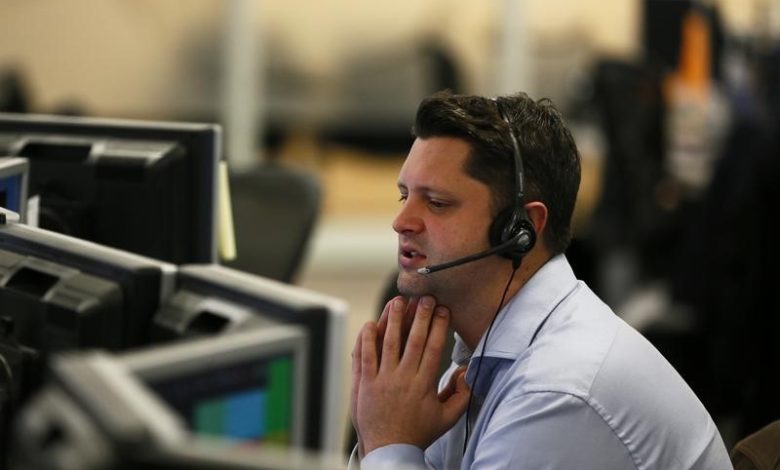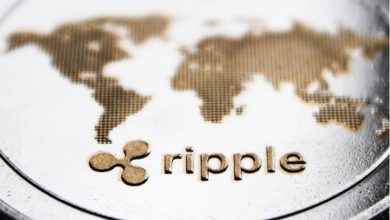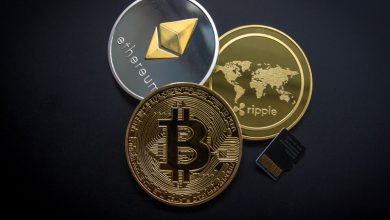
Trump’s Bitcoin Stockpile Plan Stirs Debate
By Medha Singh and Lisa Pauline Mattackal
In a recent speech at a crypto convention in Nashville, Tennessee, Donald Trump urged attendees, “Never sell your bitcoin.” The Republican presidential candidate is making strides to appeal to voters in the cryptocurrency community as the upcoming election in November approaches. His speech included a variety of campaign promises, notably a proposal for a state bitcoin reserve.
Trump stated, “If elected, it will be the policy of my administration to keep 100% of all the bitcoin the U.S. government currently holds or acquires.” He emphasized that these funds would form the “core of the strategic national bitcoin stockpile.”
Trump is not alone in suggesting such a plan. U.S. Senator Cynthia Lummis has introduced legislation aimed at having the U.S. government purchase one million bitcoin, representing approximately 5% of the total supply. Additionally, independent candidate Robert F. Kennedy Jr. has proposed a government stockpile of four million bitcoin.
The potential purpose of a strategic reserve raises questions about feasibility and its impact on the broader cryptocurrency market. The U.S. government currently holds an impressive cache of cryptocurrencies, valued at around $11.1 billion, which includes 203,239 bitcoin tokens. This accumulation mainly derives from criminal seizures, such as those related to the Silk Road marketplace, which was closed in 2013.
Currently, the U.S. holds about 1% of the global bitcoin supply, which totals around 19.7 million tokens, with a maximum of 21 million coins available. For context, major non-state investors like Microstrategy hold about 226,500 bitcoin tokens, while notable trusts such as BlackRock’s iShares Bitcoin Trust and Grayscale Bitcoin Trust possess 344,070 and 240,140 tokens, respectively.
A government bitcoin reserve could positively influence bitcoin’s market price. “It would have a positive impact on price because we’ve never had a limited supply commodity, even if it’s digital, assume a new state of reserve asset,” remarked Mark Connors, head of global macro at Onramp Bitcoin. However, such a reserve could also mean fewer tokens available for trading, exposing investors if the government decides to sell part of its reserves in the future. “RFK talked about having 19% of bitcoin, similar to the gold supply—it’s hard to imagine that any bitcoin enthusiast would be pleased about that,” Connors added.
Other governments are also accumulating significant bitcoin reserves, with reports indicating that China holds the second-largest amount at 190,000 coins.
While the specifics of a national bitcoin reserve remain uncertain, experts are considering various management structures. Connors suggested that the Federal Reserve could oversee the reserves for the Treasury Department, similar to its role with gold. Conversely, the stockpile might function more like the Strategic Petroleum Reserve, with varying degrees of control from both the president and Congress, according to Frank Kelly, a senior political strategist at DWS Group. “There’s a lot to parse and figure out there,” Kelly commented.
Interestingly, this proposition stands in contrast to the original vision of bitcoin as a decentralized asset, free from governmental influence. Despite uncertainties around a national bitcoin reserve, many in the cryptocurrency market are encouraged by the increasing attention digital assets are receiving in political discourse.
“There’s a general view in the industry that both parties are paying much more attention to digital assets,” said Raoul Mewawalla, CEO of Mawson Infrastructure Group, which operates bitcoin mining data centers. “The expectation is that this focus will continue after November.”
 GOOGL
GOOGL  META
META 


